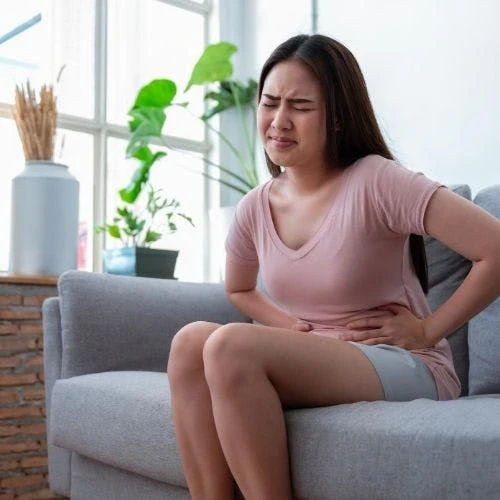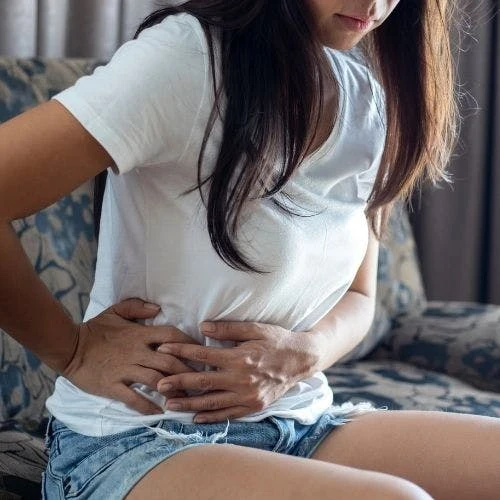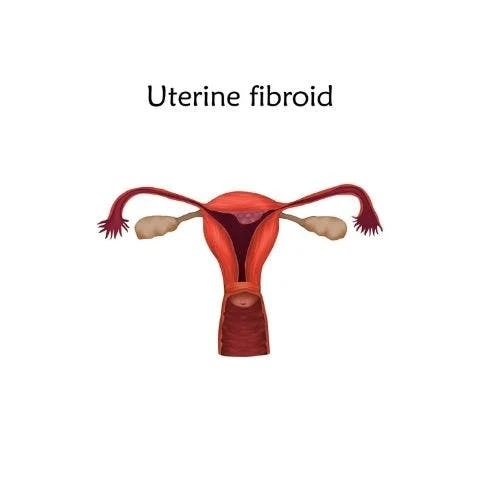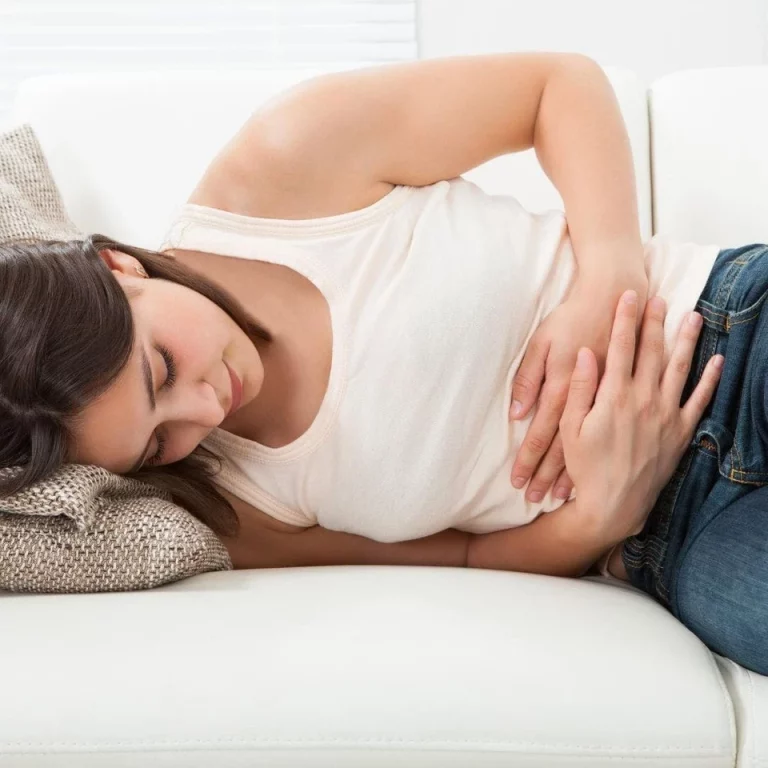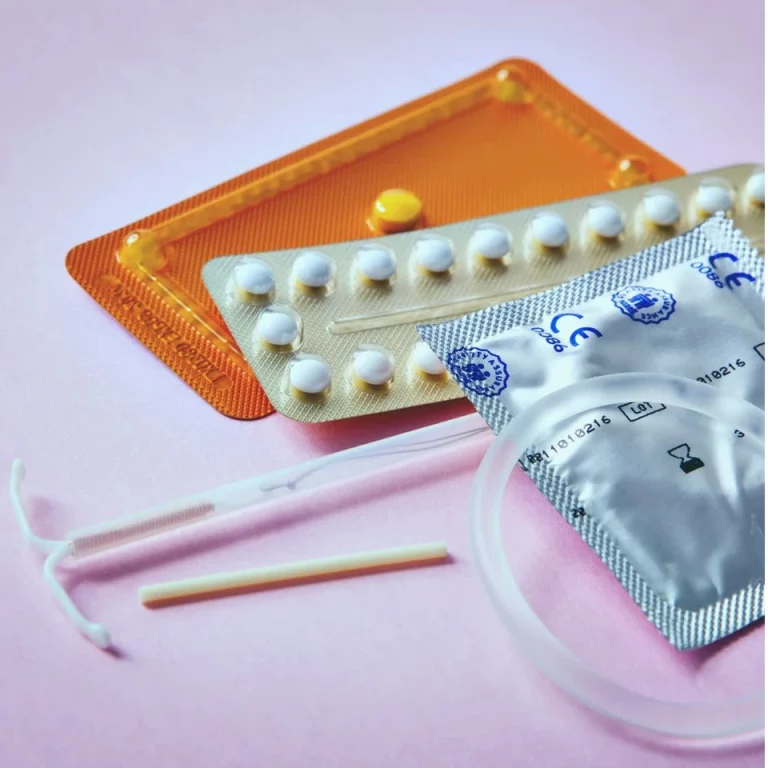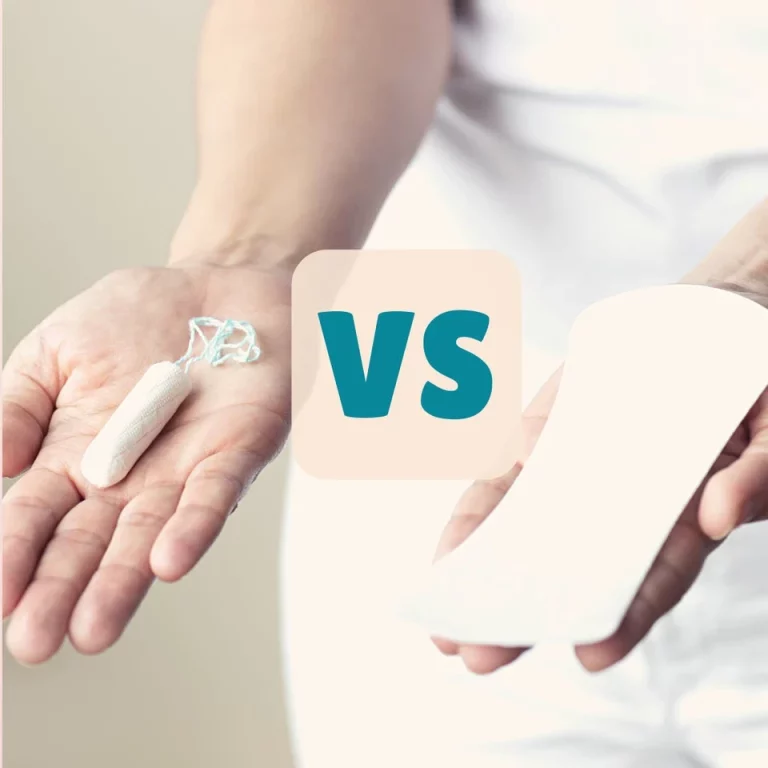PCOS Symptoms
5 PCOS Symptoms (Polycystic Ovary Syndrome)
PCOS is the most common cause of female infertility. During each menstrual cycle, the ovaries release an egg into the womb. This ovulation process occurs once a month. But women with PCOS fail to ovulate or ovulate infrequently, which means absent or irregular periods and difficulty getting pregnant.
In women with PCOS, the ovaries develop multiple small follicles that appear as cysts, hence the term “polycystic.” These cysts are immature ovarian follicles that failed to ovulate. Thus, most women discover they have PCOS when they try to get pregnant unsuccessfully.
PCOS requires immediate medical attention because, in the long-run, it could lead to health risks, such as depression, high blood pressure, lipid abnormalities, obstructive sleep apnea, and diabetes to name a few.
Getting treatment at the right time can reduce or prevent these risks. So, it is important that you know some symptoms of PCOS.
Signs/Symptoms of PCOS
While irregular periods and pregnancy failure are the most common signs of PCOS, you may experience random, unrelated symptoms as well. Since it mainly affects your hormones, women with PCOS may experience all or some of the following symptoms:
1. Abnormal Hair Growth
After puberty, if you experience heavy hair growth in uncommon body parts, including face, belly, chest, lower abdomen, and back, it could be a warning sign of PCOS. This condition is termed as Hirsutism.
More than 70 percent of women with PCOS grow excessive hair on their body. Making the matter worse, excessive levels of male hormones have opposite effects on the scalp. That means it lleads to hair loss or thinning hair on the scalp, causing male-pattern baldness.
2. Excessive Weight Gain
When you have PCOS, our body has difficulty using the hormone insulin, causing insulin resistance. Insulin helps convert starches and sugars obtained from foods into energy. PCOS makes the body resistant to insulin. As a result, insulin, sugar, and glucose build up in the bloodstream.
Combining this with high androgens levels leads to weight gain, especially around our abdomen and waist. That’s why women with PCOS have more of an apple body shape instead of peach shape.
3. Anxiety And Depression
About 40% women, particularly young girls, with PCOS experience anxiety, depression, and other mental health conditions. Although there is less or no evidence supporting the direct connection between PCOS and depression, it could be due to the combination of several factors.
For instance, one study shows that people with insulin resistance report frequent symptoms of depression, stress, and anxiety.
Related: PCOS Heavy Periods
PCOS patients with anxiety may have lower levels of neurotransmitters like serotonin, GABA and acetylcholine, thus worsening the situation.
4. Abnormal Oily Skin and Acne Problems
Higher levels of androgens among women play an important role in acne development. It is because androgens cause sebaceous glands in the skin to produce an excessive oily substance called sebum.
In order to produce the right amount of progesterone, testosterone, and oestrogen, our body depends on signals from the pituitary gland. PCOS interrupts these signals, leading to increased testosterone levels.
It further enlarges sebaceous glands and the production of too much oily sebum.
5. Heavy Menstrual Bleeding
Blood clots during periods are normal. But, if you regularly and abnormally have blood clots the size of 10p piece or larger, it could be a warning sign of PCOS.
PCOS also causes heavier blood flow during periods. It is because the uterine lining builds up for longer, causing periods heavier than normal.
It can lead to other conditions, including anaemia, fatigue, and bleeding between periods.
6. Irregular Menstrual Bleeding
In addition to causing heavy menstrual bleeding, PCOS can also cause irregular periods as well as problems with fertility. To read more about PCOS and fertility, check out Femhealth’s article on “Best Age To Get Pregnant With PCOS”
What should you do?
First of all, see a doctor as soon as possible, especially if you’ve had difficulty getting pregnant, excessive hair growth, and diabetes symptoms. Next, make the necessary diet and lifestyle changes and get regular exercise.
We discuss products we think are useful to people. If you buy something through our links, we may earn a commission. Remember to check with your personal physician to see if a product recommended is right for you.


